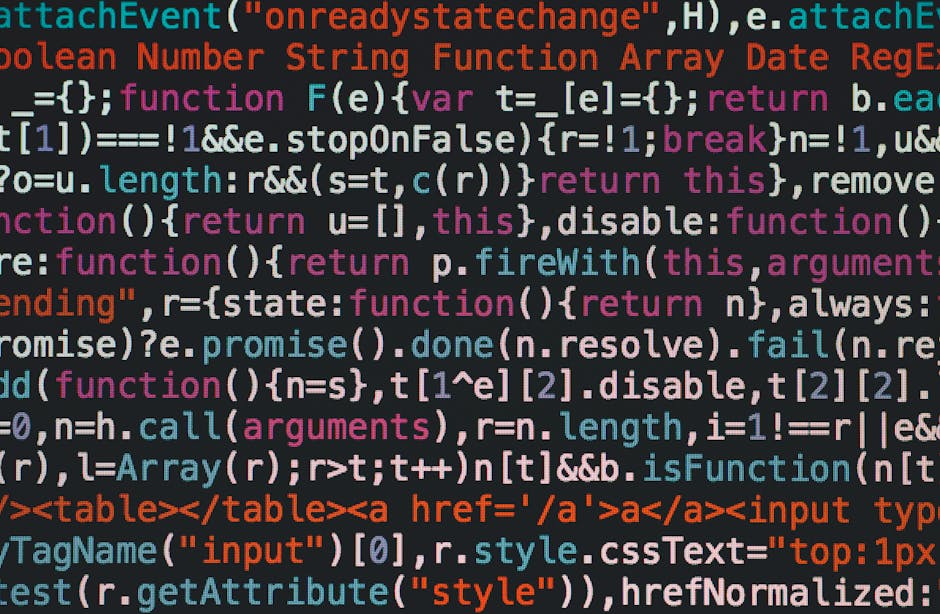The world of work is undergoing a profound transformation, and at the heart of this shift lies a surprising casualty: the traditional résumé. What was once the cornerstone of job applications is rapidly losing its relevance, swept away by a wave of technological innovation. This isn’t merely an evolution; it’s a fundamental reshaping of how talent is discovered, evaluated, and ultimately, hired. Let’s explore this seismic shift and what it means for both job seekers and employers.
The Death of the Traditional Résumé
For decades, the résumé has been the standard document for showcasing professional experience and skills. However, the rise of sophisticated digital tools is rendering this format increasingly obsolete. The ability to generate polished, keyword-optimized résumés at scale has unleashed a flood of applications that blur the lines between genuine and machine-crafted submissions. The result? Recruiters are overwhelmed, struggling to discern authentic candidates from the mass of automated entries.
The Rise of AI-Generated Applications
The ease with which anyone can now generate a seemingly impressive résumé using accessible online tools is a primary driver of this change. Applicants are tailoring their applications for each posting, flooding companies with hundreds of near-identical documents. This isn’t about a few enhancements here and there; it’s a systemic shift in the application process, making it exceedingly difficult for employers to distinguish between true experience and carefully constructed facades.
The Impact on Recruiters
The sheer volume of applications, many of which are AI-generated, has placed immense pressure on recruiters. They are now spending a significant portion of their time sifting through these entries, distinguishing genuine candidates from the automated submissions. This has led to a greater reliance on AI-driven screening software, a cycle where applicant AI battles with recruiter AI in a constant arms race.
Employers Drowning in AI-Generated Résumés
The situation for employers has escalated to a point where they are genuinely overwhelmed. The flood of AI-generated résumés isn’t a minor inconvenience; it’s a significant operational challenge. Companies are struggling to maintain efficiency while also ensuring they aren’t overlooking truly talented individuals lost in the digital noise. The traditional methods of evaluating candidates simply can’t keep pace with this unprecedented volume and artificial complexity.
The Challenge of Authentication
The core problem lies in the difficulty of authenticating the claims made within these applications. It’s becoming increasingly challenging to verify the experiences and skills listed, leaving employers with a lingering doubt about the genuineness of each candidate.
The Rise of Recruiter AI
In response to this challenge, companies are increasingly turning to their own AI tools to parse, score, and shortlist candidates. These tools are designed to analyze applications for specific keywords, experience levels, and even inferred personality traits. However, this reliance on automated screening raises concerns about bias and the potential to overlook candidates who don’t fit neatly into algorithmic categories.
AI’s Double-Edged Sword in Hiring
The integration of AI into the hiring process presents a complex paradox. While it offers undeniable benefits in terms of efficiency and potentially reducing bias, it also carries the risk of amplifying existing inequalities and overlooking essential qualities that don’t conform to standardized metrics. It’s not a straightforward advancement but rather a shift with both promising and concerning implications.
Potential Benefits of AI in Hiring
- Streamlined Administrative Tasks: AI can automate repetitive tasks, freeing up recruiters to focus on more strategic activities.
- Reduced Bias in Screening: Algorithmic screening, when properly implemented, can help mitigate unconscious bias in initial candidate evaluation.
- Uncovering Hidden Talent: AI can analyze skills and experiences beyond traditional pedigree, potentially identifying candidates who might have been overlooked by conventional methods.
Potential Risks and Challenges
- Amplifying Inequalities: Candidates with better access to AI tools and resources can potentially “game” the system, widening the gap between those who have and those who don’t.
- Overlooking Soft Skills and Unique Experiences: AI algorithms often struggle to assess qualities like creativity, adaptability, and leadership—attributes that are often crucial for success.
- Reinforcing Existing Biases: If the data used to train AI algorithms reflects existing biases, the AI may perpetuate and even amplify those biases in its assessments.
Making Recruiters AI-Powered, Not AI-Replaced
The future of hiring isn’t about replacing human recruiters with machines; it’s about empowering them with the tools and insights they need to make better decisions. Forward-thinking companies recognize the value of blending human intuition with AI analytics, leveraging technology to handle the more routine aspects of the process while allowing recruiters to focus on building relationships, assessing culture fit, and exercising nuanced judgment.
The Role of Human Intuition
While AI can surface promising candidates, flag inconsistencies, and even predict future performance, the final hiring decision requires the discernment of a human being. Recruiters possess an understanding of organizational culture, team dynamics, and the nuances of human interaction that algorithms simply can’t replicate.
Focusing on Relationship Building and Culture Fit
Recruiters should prioritize building rapport with candidates and assessing their alignment with the company’s values. This goes beyond simply evaluating skills and experience; it’s about determining whether a candidate will thrive in the company’s environment and contribute to its long-term success.
The Takeaway: Navigating the New Hiring Landscape
The traditional résumé, as we know it, is fading into obsolescence. It’s being replaced by a dynamic interplay of AI-generated content, AI-driven evaluation, and a renewed emphasis on human judgment. This shift presents both challenges and opportunities for job seekers and employers alike. To thrive in this evolving landscape, individuals must adapt their strategies, embrace new technologies, and prioritize the development of skills that are difficult to automate.
For Job Seekers: Mastering the Tools of the Trade
In this new era, mastering AI tools isn’t just a nice-to-have skill—it’s becoming essential. Candidates need to understand how AI is used in the hiring process and learn how to leverage these tools to their advantage. This includes understanding how to tailor applications effectively, showcase relevant skills, and present themselves in a way that resonates with both humans and algorithms.
For Employers: Balancing Efficiency with Authenticity
For employers, the challenge lies in striking a delicate balance between efficiency and authenticity. Leveraging AI’s power to streamline processes and identify potential candidates is crucial, but it’s equally important to ensure that real talent, creativity, and human potential aren’t lost in the algorithmic shuffle. This requires careful consideration of how AI is implemented, ongoing monitoring for bias, and a commitment to maintaining the human element in the hiring process.
The future of hiring will be defined not by the technology itself, but by the thoughtful and ethical way it is applied. Those who can harness AI’s power to elevate the search for the right people – rather than simply automating it – will be best positioned for success in this rapidly changing world.




Leave a Reply
You must be logged in to post a comment.